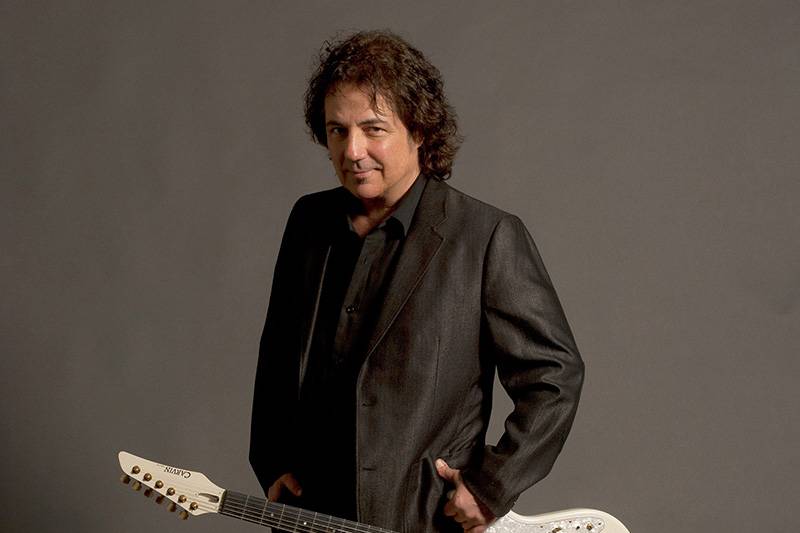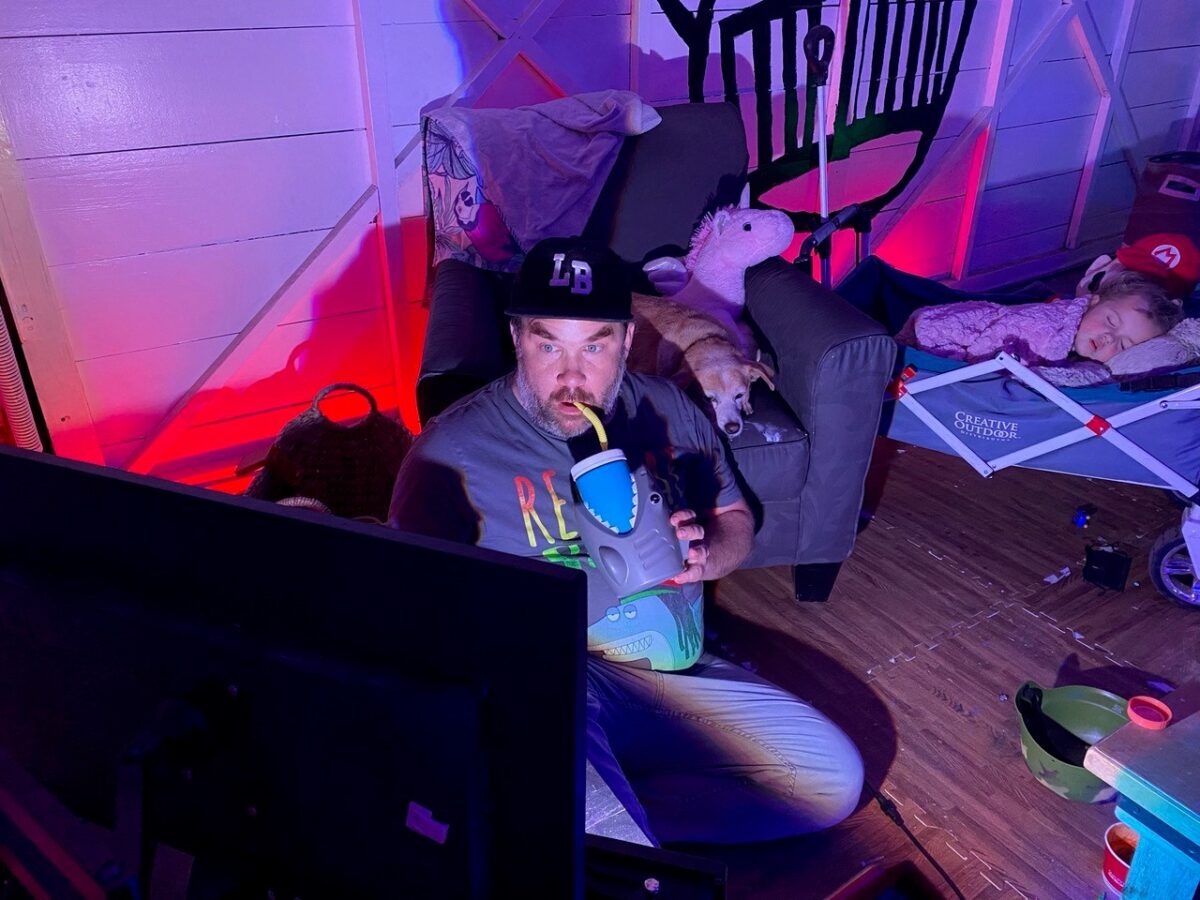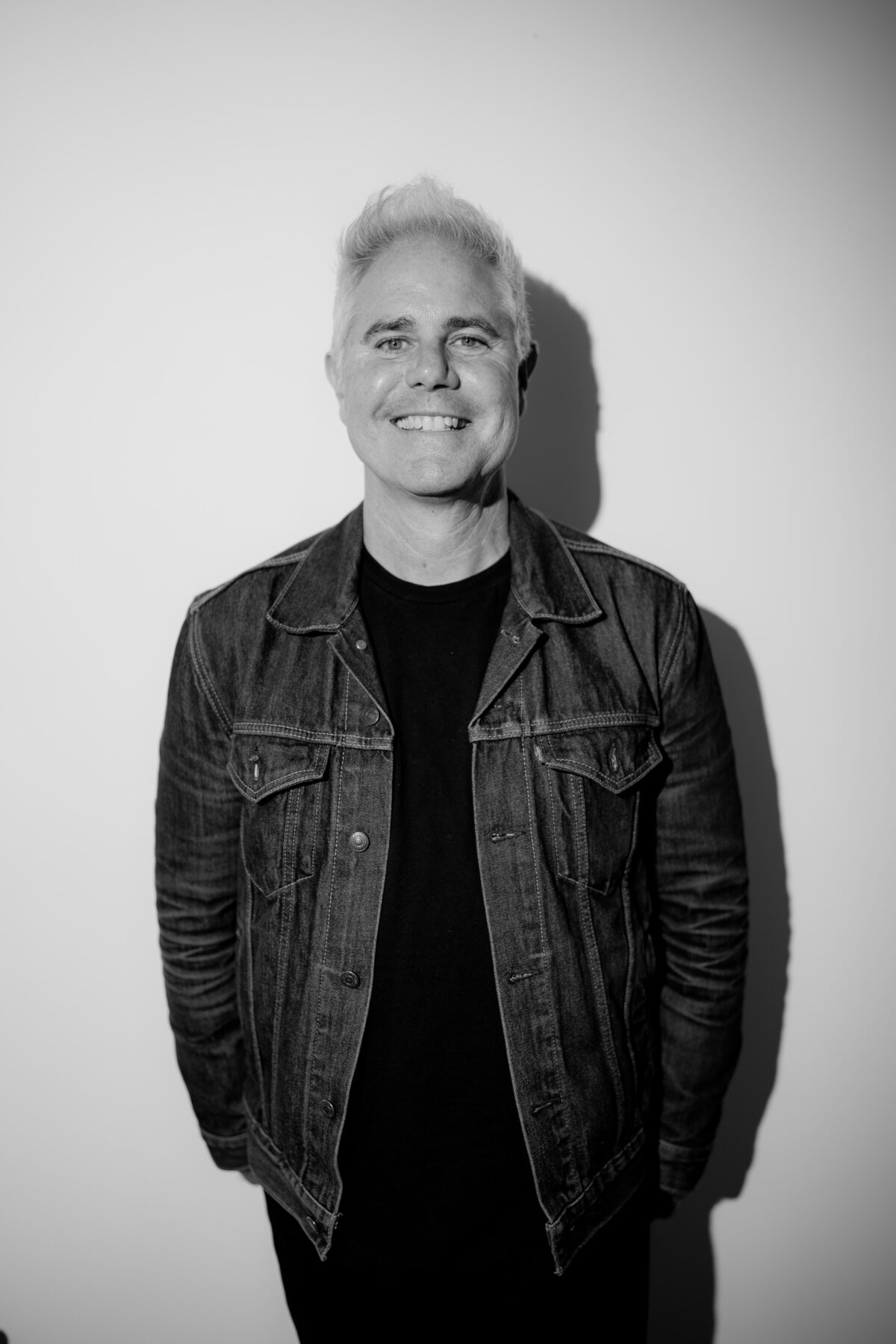
Craig Chaquico has been in music since his teens, notably with Jefferson Starship. He has played guitar on all of its albums, a distinction no other member can claim. He can also tout the band’s hits “Jane” and “Find Your Way Back” as his own.
When bands like that break up, many musicians find other careers, such as management, producing, or teaching. Chaquico, however, found a second career as a highly successful jazz artist. Now, he’s reinventing himself again, incorporating his Starship hits into his performances and reintroducing himself to new audiences. Pollstar revived its Lessons Learned column and asked him about his career:
How do you maintain longevity?
I wish I knew because having a career at the top of the charts for five decades is as much a surprise to me as it is to anyone else.
When I left Starship, it was frightening. My first idea was to start a band along the lines of the music I wrote for Starship, like “Jane” and “Find Your Way Back”—similar to what bands like Def Leppard were doing. But that style was falling out of favor as grunge was becoming popular. So, starting a rock band with three-part harmonies and lots of guitars felt like the opposite of what people wanted.
My timing wasn’t great. It was too little, too late. Meanwhile, my wife became pregnant, and the acoustic guitar became more welcome in the house. Little did I know that would lead to Grammy nominations, million-selling albums, and No. 1 records. I didn’t even know there was a market for it. I was just playing music I liked, with no vocals, and sent it to a few labels to see what they thought.
What would you recommend to people about their careers?
I would tell people, “You have to be different enough that you’re not just a clone of Santana, Jeff Beck, Jimmy Page, or Wes Montgomery.”
I took my New Age-style music to a local label, but they said, “If you sounded more like Ottmar Liebert, we’d sign you.” A rock label said, “If you sounded more like Joe Satriani, we’d sign you. Why don’t you go to a blues label?” The jazz label said the same thing.
Finally, Higher Octave released my album, and it became the No. 1 album of the year as an independent record. Suddenly, other labels were saying, “If you sounded more like Craig Chaquico, we’d sign you.”
At the time, though, you don’t know that’s going to happen. You think you’re failing. But I’d tell people not to let the first few rejections discourage them. Many great writers and musicians were turned down repeatedly before getting their break.
Was there a time when you weighed other options?
Yes, when I was starting a family and supporting a wife and child. I had been in a well-established band since I was a teenager, so there was a certain security in that. Being on my own was scary.
There was an adrenaline phase where I was recording night and day, which is why I produced so many albums on my own. I was lucky to have a good team—good management, a supportive label, and the right people around me. The public might see only the artist’s face on the cover, but it’s really a whole network behind the scenes.
If you’re fortunate to have the right people at the right time, synergy builds. But during the early stages, it can be uncertain. Looking back, my success came from having the right team and timing.
Do you have to establish yourself in new markets anymore?
Yes, absolutely. Not only do you need to establish yourself in a new market, but often in a new genre, where you’re starting at the bottom. You just have to accept it and work your way up. Eventually, I did start headlining, but it takes time and perseverance.



